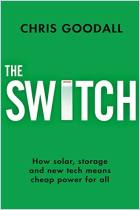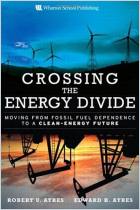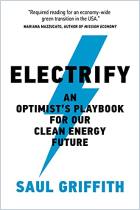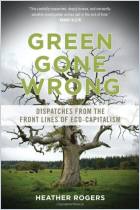加入 getAbstract 阅读摘要

加入 getAbstract 阅读摘要
Chris Goodall
How to Live a Low-Carbon Life
The Individual's Guide to Stopping Climate Change
Earthscan, 2007
看看什么内容?
Businesses and governments have no incentive to stop global warming. Instead, individuals must change their lifestyles.
Recommendation
Despite the strong evidence for global warming, neither industries nor governments are changing their assumption that the world has an inexhaustible supply of inexpensive fossil fuel. Instead, individuals will make the difference, because consumer desires fuel the business cycle. In chapters that cover daily activities such as home heating, cooking, travel and use of appliances, Chris Goodall explains how you can reduce your carbon emissions from an average of 12.5 tons per year to three. Though the book sometimes bogs down in an overabundance of information, charts and formulas, getAbstract recommends it to individuals and organizations who want to learn how they can make an immediate difference.
Summary
About the Author
Chris Goodall is the Green Party candidate in Oxford West and Abingdon. He runs a telecommunications software firm, and serves on the UK Competition Commission and Utilities Appeal Panel.






















Comment on this summary